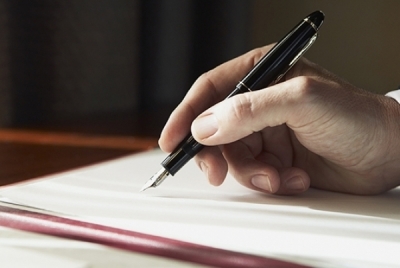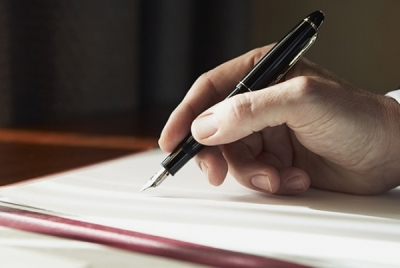
A New Electoral Law or a New Lebanon?

Even before the independence in 1943, the Zu’ama have been preaching on the ills and evils of sectarianism. However, the deeper the researchers have delved in the matter, the greater their realization that the Zu’ama and the citizens of Lebanon are more pragmatic than sectarian.
The Zu’ama have realized that sectarianism is the easiest and fastest way, not only for their leadership to emerge, but to thrive as well. “The Sunni have broken wings”, “the Shia’a are disadvantaged” and “the Christians are threatened” are slogans we keep on hearing. As for the ordinary Lebanese citizens, they have “discovered” that, as the state remains absent and therefore the laws unimplemented, the Zu’ama have become their most guaranteed entry towards landing a job, having access to physicians or judges, avenging a relative or neighbor, protecting themselves or usurping public property.
Discussions about the “constituents” “Moukawinat” (مكوِّنات) of Lebanon are frequent. The “Moukawinat” that make Lebanon, we are told, are not its heritage and culture- which, by the way, are being destroyed in broad daylight- nor its nature whose seas, mountains, air and trees have borne the worst brunt, nor its human resources that are forced to immigrate, but the “Moukawinat” that make Lebanon, we are told, are its sects. Yes, our leaders like to tell us that we, the Lebanese, are nothing but sects and tribes.
The question that arises is not what electoral law do we want but instead, what Lebanon do we want?
- Do we want a Lebanon where people are frequently killed in violent circumstances, often because of sectarian disputes, and displaced in large numbers every decade?
- Do we want a Lebanon where financial losses in an inefficient electricity sector amount to USD 2.5 billion annually? - Do we want a Lebanon that, contrary to law, assigns private companies whose annual bills range between 3 to 4 USD billion (prices exceeding those of the market by at least USD 300 million) to purchase substandard petroleum products?
- Do we want a Lebanon that collects from the encroachers of a seaside property no more than USD 3 million a year, fully knowing that the state should instead be collecting USD 280 million or preferably be removing the culprits altogether who encroached on public property?
- Do we want a Lebanon where roughly USD 200 million goes down the drain in the Ministry of Telecommunications every year while the Lebanese continue to suffer from constantly slow internet and poorly covered mobile phone network and services?
- Do we want a Lebanon with no budget for more than ten years or a Lebanon with an annual budget estimated at USD 11 billion and barely sufficient to pay public debt interests (USD 5 billion) and the salaries of workers and retirees (around USD 6 billion)?
- Do we want a Lebanon where around 30,000 citizens, both male and female, emigrate every year?
- Do we want a Lebanon that dumps its garbage and wastewater in the rivers, valleys and seas? A Lebanon that pays Sukleen around USD 1.5 billion in ten years?
- Do we want a Lebanon where roughly USD 280 million is dubiously spent through the Higher Relief Committee in just five years?
- Do we want a Lebanon where public schools and universities are close to collapse? Where children, youth and elderly die at the hospital entrances?
The electoral laws according to which the Lebanese have so far voted and the laws under discussion right now have all yielded and will continue to yield the same results.
“What is envisaged, as regards the electoral law, is to empower minorities, whether these minorities were sectarian or small groups inside the sect, towards representation in Parliament. This is how justice is served,” said President Michel Aoun.
Surveys conducted by Information International show that 48% of the Lebanese support the “optional civil marriage” and 84% advocate for the abolition of sectarianism in Parliament, in the cabinet and in public services (Ii Poll, November 2016). These are not minorities; don’t they deserve to be represented?
Let us grant our citizens the choice to be born, married and to vote, inherit, bequeath and die outside sectarian confines.
Will President Aoun, as a custodian of the Constitution, open this window to allow some fresh air into our stale political, social and economic lives?
Related




